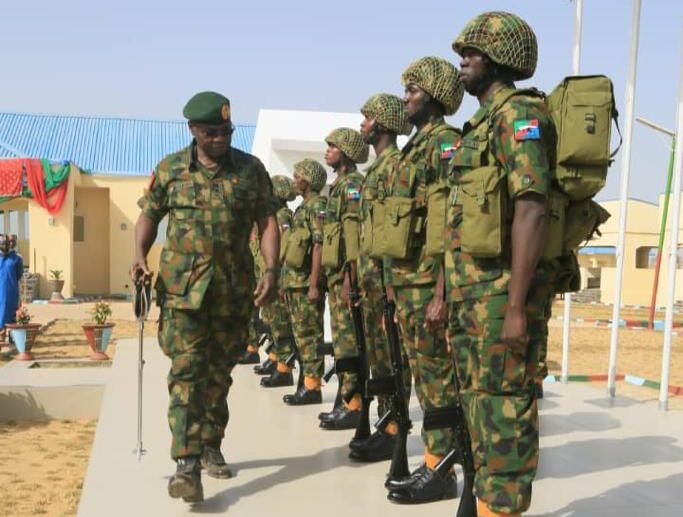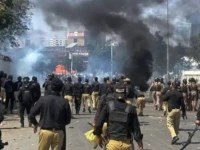In a decisive move against terrorism, the Chief of Defence Staff, Christopher Musa, has declared that members of the newly proscribed Lakurawa sect are now legitimate targets for Nigerian troops. This statement follows a Federal High Court ruling in Abuja, where Justice James Omotosho, responding to an ex-parte motion filed by the Attorney-General of the Federation, Mr. Lateef Fagbemi, SAN, officially designated Lakurawa as a terrorist organization.
Speaking on Channels TV’s Politics Today, Musa underscored the significance of the court’s decision, stating, “It makes a lot of difference and it means we can go after them with full force.” He further clarified that with this legal backing, “Any Lakurawa member seen now is as good as dead.” This declaration marks a pivotal shift in Nigeria’s approach to dealing with the group, providing a clear mandate for military action.
The proscription of Lakurawa comes at a time when Nigeria is grappling with multiple security challenges, including insurgency and terrorism by groups like Boko Haram. Musa also highlighted the complexities of engaging with such groups, accusing Boko Haram of using civilians as human shields. “This Boko Haram thing is a lot, they have realized that we obey international law, they don’t, what do they do? They use human shields anytime they have something they hide among the people so we can’t shoot,” he explained. This tactic complicates military operations, as it puts Nigerian forces in a difficult position where adhering to international humanitarian laws can be directly exploited by the terrorists.
The legal action against Lakurawa is part of a broader strategy by the Nigerian government to dismantle terrorist networks operating within its borders. By officially labeling groups like Lakurawa as terrorists, the government aims to:
Legitimize Military Action: Providing legal justification for the use of force against members of these groups without the usual constraints associated with civilian engagement.
Disrupt Operations: By declaring them outlaws, it becomes harder for these groups to operate openly, recruit, or receive support.
Enhance Intelligence and Law Enforcement: With a clearer legal framework, intelligence gathering and law enforcement can be more targeted and effective.
International Support: Such legal actions can pave the way for international cooperation and assistance in combating terrorism, including financial sanctions and extradition processes.
This development signifies Nigeria’s ongoing commitment to eradicating terrorism, although it also brings to light the moral and strategic challenges of fighting an enemy that does not play by the same rules of engagement. The military’s approach will likely involve a combination of direct action, community engagement to reduce civilian risks, and efforts to dismantle the logistical and support networks of these terrorist groups.











Im not so sure about giving the military a green light to eliminate terrorists. Isnt there a risk of innocent lives being caught in the crossfire?
Shouldnt we be questioning the potential human rights violations that could arise from giving the military a green light to eliminate terrorists? #foodforthought
I think giving the Nigerian military the green light to eliminate terrorists is necessary for national security. Lets support our troops!
What are your thoughts on the Nigerian militarys approach to eliminating the Lakurawa terrorists? Is this the right strategy? Lets discuss.
Should the Nigerian military be given unlimited power to eliminate terrorists? Is this the right approach? Lets discuss.
I think giving the Nigerian military the green light to eliminate terrorists could escalate violence instead of resolving the issue.